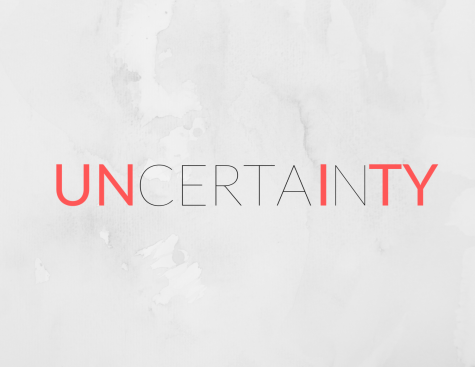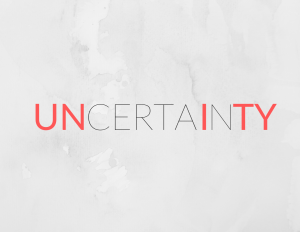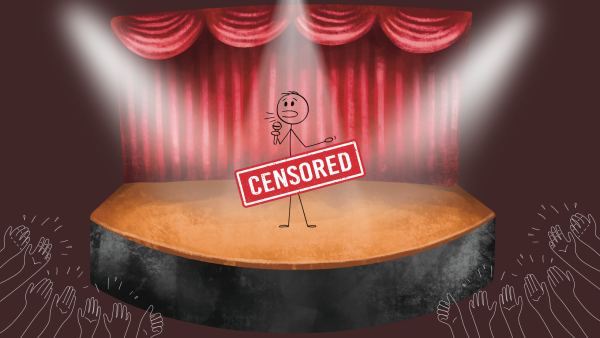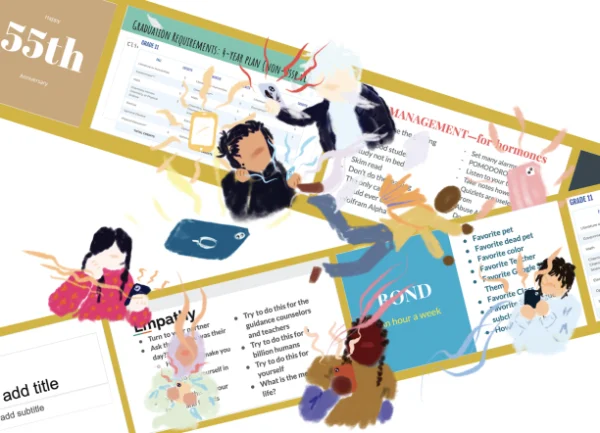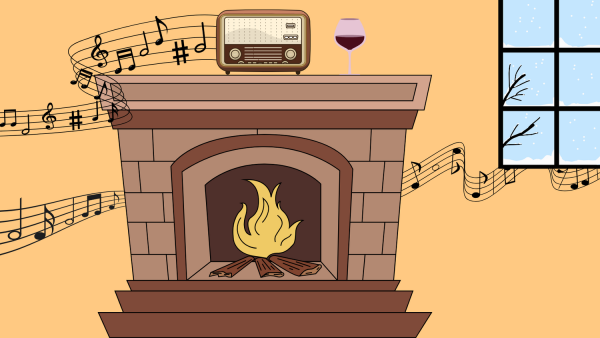Sincerely, Sumner: crying is cool
Columns Editor Sumner Wallace ’20 talks about the benefits of tears in the fifth installment of Sincerely, Sumner.
April 23, 2020
Dear readers,
As a child I was a crier.
Many of you can probably understand that I found this quite embarrassing. It was how my body dealt with anxiety, frustration, anger, sadness, you name it. However it never failed to get stares and the pestering, “Are you okay?” questions from my peers and teachers.
Whenever I felt the water works coming I would get up as discreetly as possible to go to the bathroom sign-out sheet and get out to the hallway so I could save some face. I felt weak crying. Whether I was fighting with a friend or just in the dumps, crying made me feel powerless — I couldn’t control my emotions.
I figured these [crying] people were being overdramatic, or else they had never learned to control their emotions.
— Sumner Wallace '20
I don’t know if age had hardened me or if middle school was just an incredibly neutral time for me, but crying ceased to be my response to stressors. I floated along fairly contentedly from middle school to ninth grade to tenth grade with dry eyes and a cool head.
Then junior year hit.
School was harder, friendships were harder, and my body returned to its old favorite. Up until this point I had skeptically watched upperclassmen in my other classes either cry or talk about crying a couple times a week. With my crying days long behind me (or so I thought) I figured these people were being overdramatic, or else they had never learned to control their emotions.
I was wrong.
One day, while sitting in French bantering with a table-mate, I began to laugh at one of his comedic quips. I suppose, looking back, that I was stressed and ready to blow that day, but when I eventually started crying from laughing so hard and then genuinely just crying, it came as a shock to everyone, including me.
This time there was no running to the sign-out sheet to save face. Of course I was embarrassed — I still got, “Are you okay?” from half the class — but sitting in that desk with tears streaming down my face I realized I was okay. Whatever pent up stress had set me off in the first place was dissolved by those tears, and besides, now I had a funny anecdote to share.
Cry when you need to, not when you think you’re supposed to. — Sumner Wallace '20
It turns out tears are extraordinarily beneficial. Not only do they protect our eyes from foreign substances and keep them lubricated, emotional tears also contain stress hormones to be shed from the body and some studies suggest that they stimulate the production of endorphins to make you feel better.
Crying is natural and innately human, yet our society frowns upon it. It shames women for being overemotional, and men for showing emotion at all. Emotion is not a weakness. While bursting into tears in a business meeting (or at school) is not always desirable, being able to let it out when you need to is a strength. Controlling your emotions does not mean never letting them show. However just as important is knowing that not crying is okay too. Cry when you need to, not when you think you’re supposed to.
Since that fateful day in French, I have cried many more times in school: a couple times in French, when people say nice things to me, once looking at a picture of Sir Hiss from the Disney animated classic “Robin Hood” — the list goes on. Indeed, just in quarantine sometimes I shed tears three or more times in a day. I encourage you to do the same (or at least to not be ashamed when it happens).
Sincerely,
Sumner




